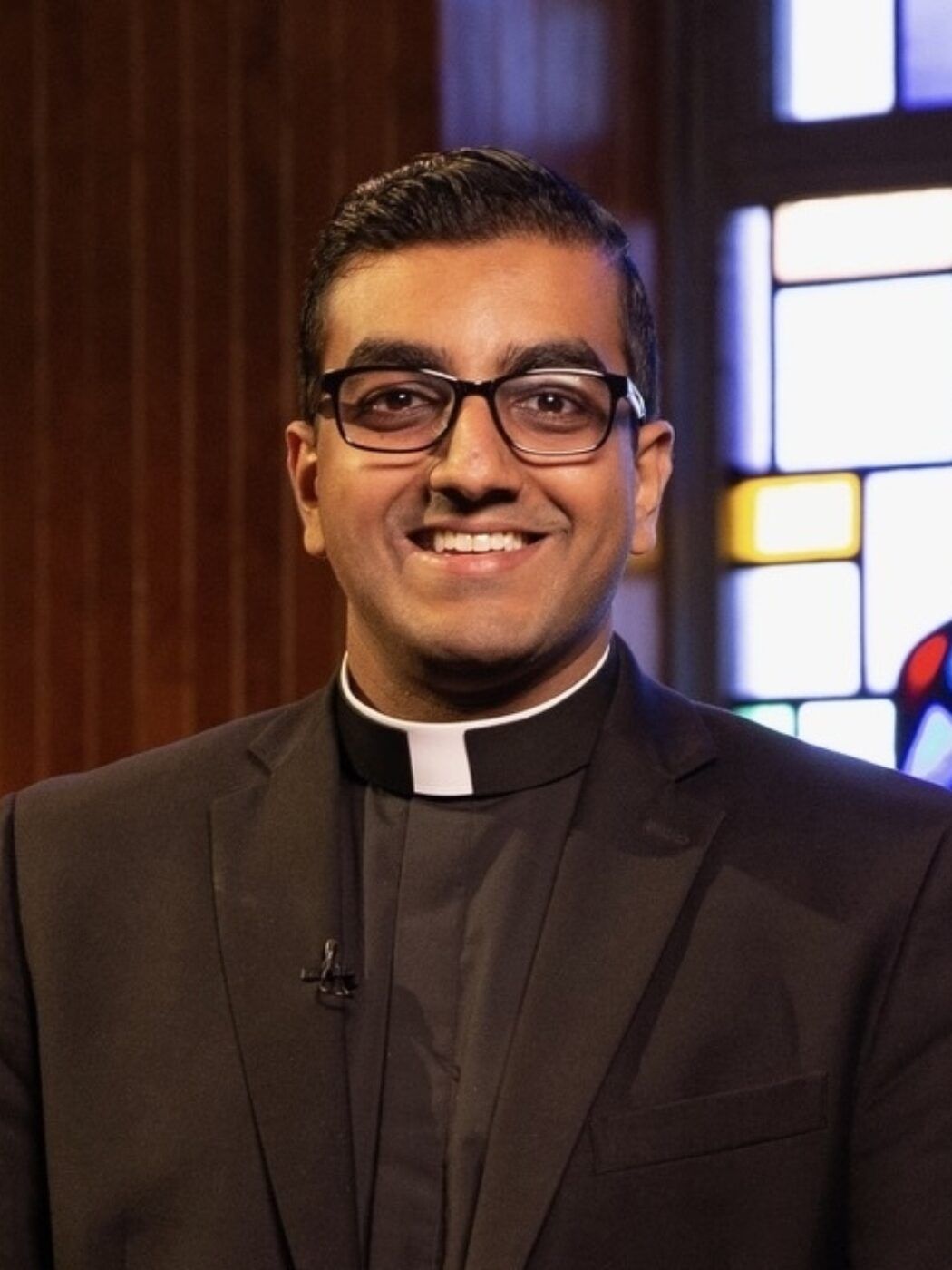In the Mass, we have a beautiful opportunity to hear God speak to us through the words of Scripture. There is something special and mysterious about the Word of God as we find it in the Bible. How can our limited language properly express the truths about God, who exists beyond our understanding? God wants to communicate with us. He wants us to know who He is and who we are in relation to Him. He wants us to know what we should do to grow in relationship to Him and to find our eternal happiness in union with Him. So, He tells us, but in a way that we can understand. Of course, we can’t get the entire picture, but what we do get is a glimpse into the mystery of God.
So, at Mass, we get to hear this Word. After assembling and after the priest leads us at the beginning to look towards God and pray earnestly to Him, we are then invited to listen to what God has to say to us. Here, Scripture is not just read aloud, like we would read aloud any other kind of text. Rather, Scripture is proclaimed with the weight and gravity of what it is - God’s Word. Based on what the particular readings are for the Mass we are attending, we can hear God speak to us in many ways and on many themes. In Advent, the readings focus on waiting for the salvation that is to come. In Ordinary Time, the readings focus more on instruction in the way of Christian life. In Easter, the readings focus on the glory of God revealed to us in the victory of Jesus Christ over sin and death and what that means to us who live in this new life that has been won for us. There are themes of sorrow, grief, hope, joy, conversion, and many more.

With the combination of readings from the Old Testament and the New Testament, we can see how the two are not separate things, but rather comprise one entire story of salvation for us. There is wisdom to be found all through Scripture, and the selection of readings can help us see the themes as they are present throughout the Bible. As St. Augustine reminds us, The New Testament lies hidden in the Old, and the Old Testament becomes manifest in the New. What we find in the Old Testament promises and prefigures the things that are ultimately fulfilled in the New Testament. The Mass helps make these realities more present to us.
After the readings, the priest or deacon then has the opportunity to preach a homily. A homily is meant to break open the Scripture readings so that we can dive into the great mysteries that they proclaim and see how God is inviting us to apply these mysteries to our life here and now. Homilies can have many different styles and approaches, but a good homily will always leave us wanting to draw closer to God. This is very representative of Jesus Himself teaching us. Jesus used various techniques to teach, but it was all to help us draw closer to God. Today, Jesus is doing this at the Mass through the priest or deacon, since it is part of the liturgical action of the whole Mass.
After we have been nourished by the Word of God and the homily, our hearts are in a prime state to be able to give praise and worship to God. So, out of this love, as an entire assembly, we stand and proclaim our faith using the words of the Creed. We express our love of God in showing how we believe in all that He has revealed to us and all that He continues to teach us through the Church and her teachings. We express our belief for how God created everything, including us, and how out of love for us, Jesus died for us and calls us to eternal life through the continuing work of the Holy Spirit. We express our hope for this eternal life and bring our hearts before God. Then, from this act of faith, hope, and charity, we turn to God to pray for the needs in our world. We place our trust in God that He will answer these prayers.
In the Liturgy of the Word, our worship has a particular character. First, it seeks to listen to what God is trying to tell us. In the themes of the readings and the particular way God is communicating to us here and now, we can hear Him speak to us. Whenever we hear God, it prompts in us a desire to speak back. Every act of love calls for a response. So, we respond with our voices in expressing our faith in Him and in that faith, that He will answer our prayers. This prepares our hearts for the next part of the Mass in which our worship will take on a slightly different, but complementary character. Jesus is preparing us to not just hear Him, but to truly receive Him.


